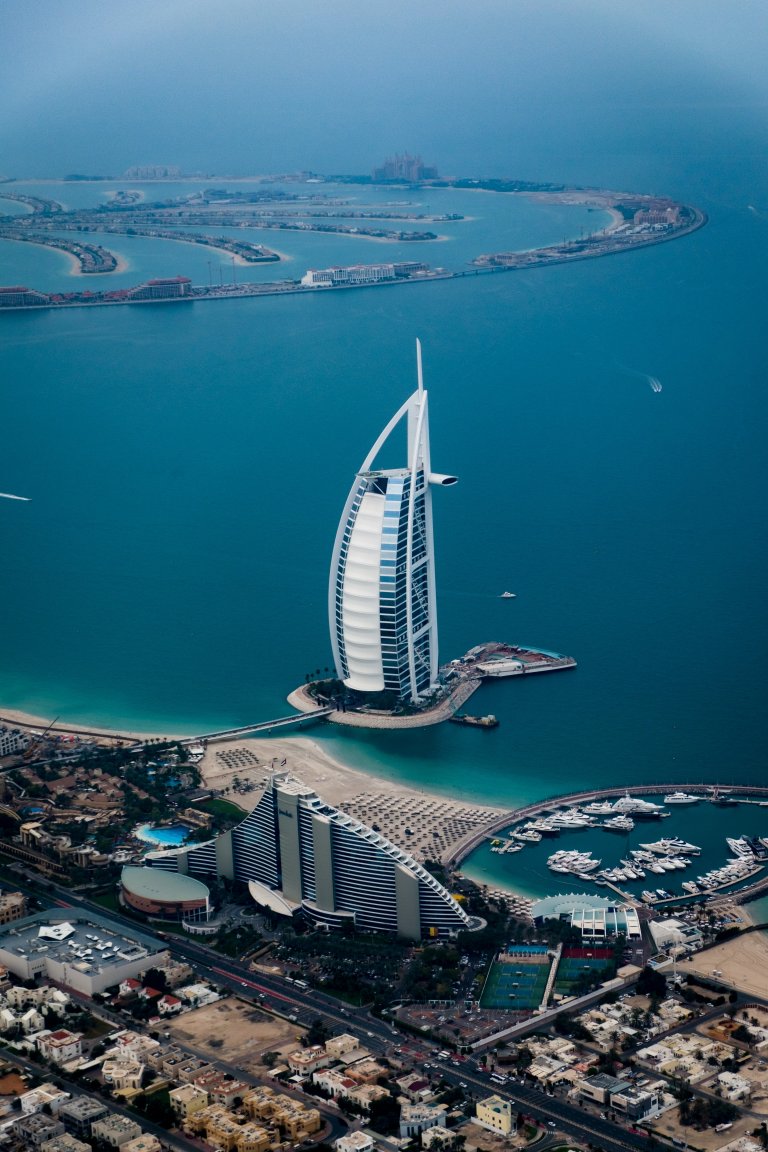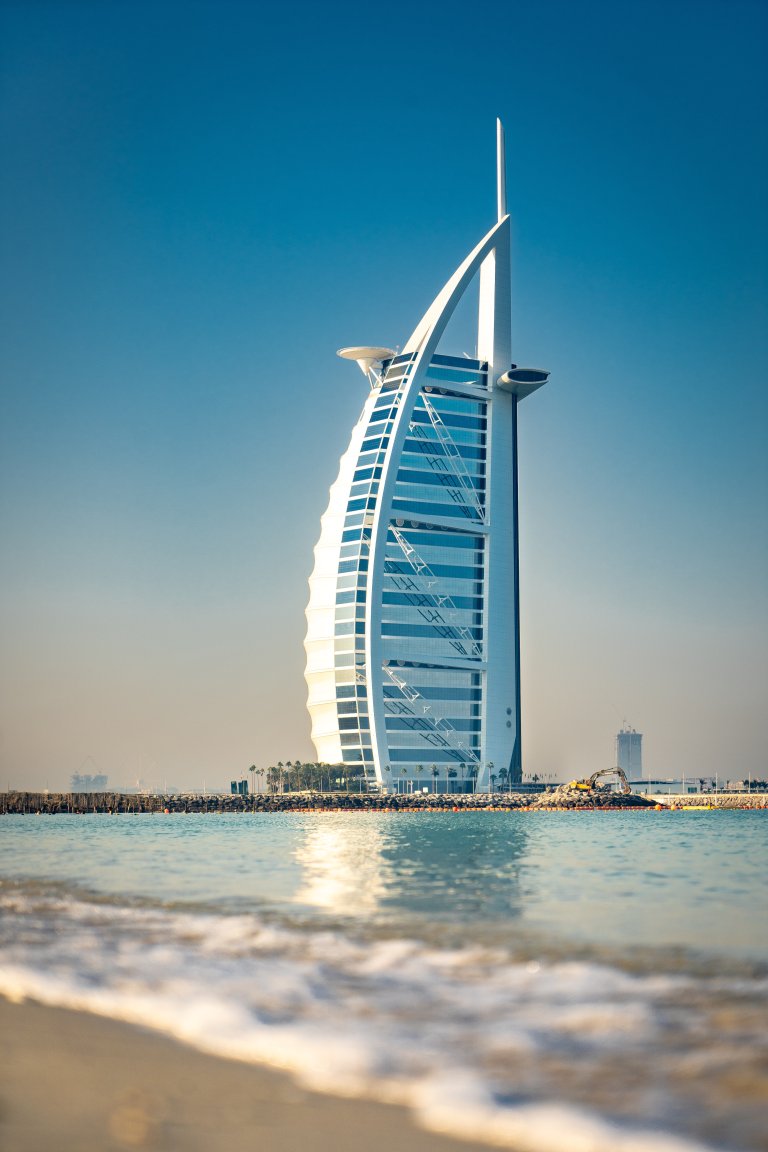York has a lengthy and popular background – during its practically 2 millennia as a huge negotiation it has actually been recognized by a variety of different names by its numerous rulers before becoming widely referred to as York. Yet it was the Roman Ninth Myriad, under the control of Guv Qunitus Petilius Cerealis that was attributed as formally establishing the city of Eboracum at the assemblage of the Rivers Foss and Ouse in 43 AD. Throughout its heyday as a Roman Colonia it experienced the death of Emperor Septimus Severus in 207 and was also the location for the crowning of Emperor Constantine the Great by his very own troops in 306. Complying with the collapse of Roman rule in the 5th century, Eboracum continued to prosper as the spiritual resources of the Anglo-Saxon Deira sub-kingdom of Northumbria. Indeed, the Viking influence is still strong in the modern city of York, with the suffix of 'gateway' originated from 'gata', suggesting way or road, still in extensive use. Stonegate was initially the Roman rock roadway that went directly with the heart of the city and is still among the biggest tourist attractions for modern site visitors to York, using some distinct shop purchasing and it is likewise home to among the earliest initial York resorts.
York: a city known by many other names











